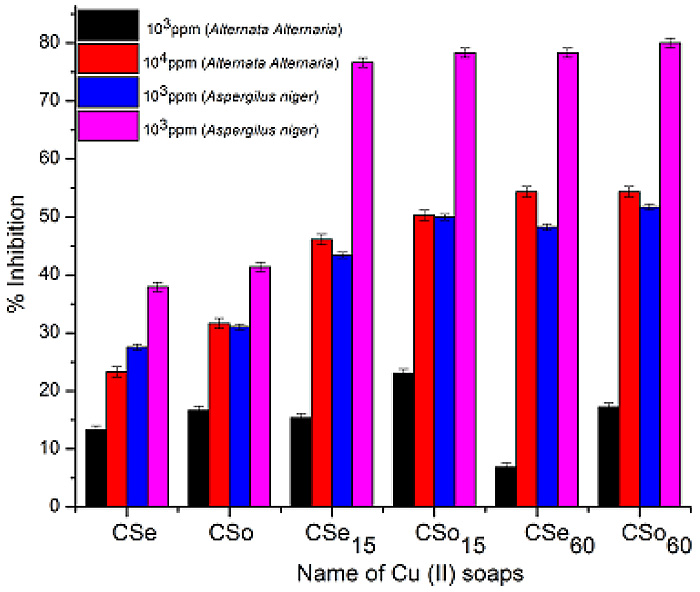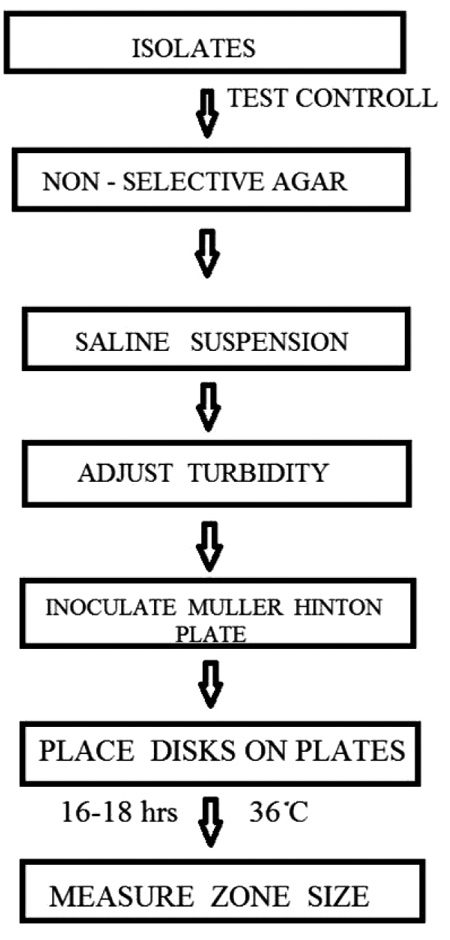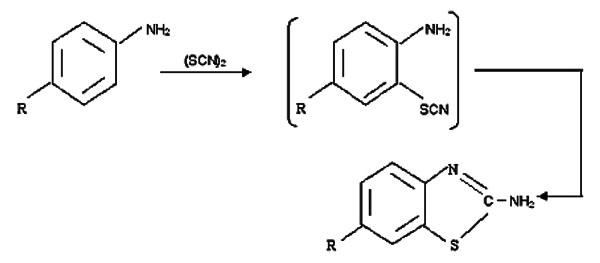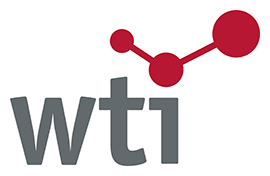RESEARCH ARTICLE
Protease Inhibitors as Ad-hoc Antibiotics
Tooba Naz Shamsi, Sadaf Fatima*
Article Information
Identifiers and Pagination:
Year: 2016Volume: 3
First Page: 131
Last Page: 137
Publisher Id: PHARMSCI-3-131
DOI: 10.2174/1874844901603010131
Article History:
Received Date: 08/12/2015Revision Received Date: 26/04/2016
Acceptance Date: 27/04/2016
Electronic publication date: 29/06/2016
Collection year: 2016
open-access license: This is an open access article licensed under the terms of the Creative Commons Attribution-Non-Commercial 4.0 International Public License (CC BY-NC 4.0) (https://creativecommons.org/licenses/by-nc/4.0/legalcode), which permits unrestricted, non-commercial use, distribution and reproduction in any medium, provided the work is properly cited.
Abstract
Background:
Proteases are important enzymes that can degrade proteins and are found in animals, plants, bacteria, fungi and viruses. The action of proteases can be controlled by Protease Inhibitors (PIs), chemical or proteinaceous in nature that can block the active site of protease. Since the step catalyzed by proteases may play important role in life cycle of microbes, hindering the action of proteases by PIs may act as therapeutic intervention for microbial infection.
Material and Methods:
A thorough study was performed and wide range of literature was surveyed to confirm our results of PIs showing antibacterial activity.
Results:
PIs have shown to be effective drugs against bacterial pathogens, pathogenic viruses- Human Immunodeficiency Virus (HIV), Herpes virus, Hepatitis Virus. PIs have recently been investigated for controlling protozoan parasites. Clinical value of proteases and their inhibitors has been studied in Helicobacter pylori which is the etiologic agent of gastritis.
Conclusion:
This review is intended to highlight the role of PIs in the Battle against Microbial Pathogens.














